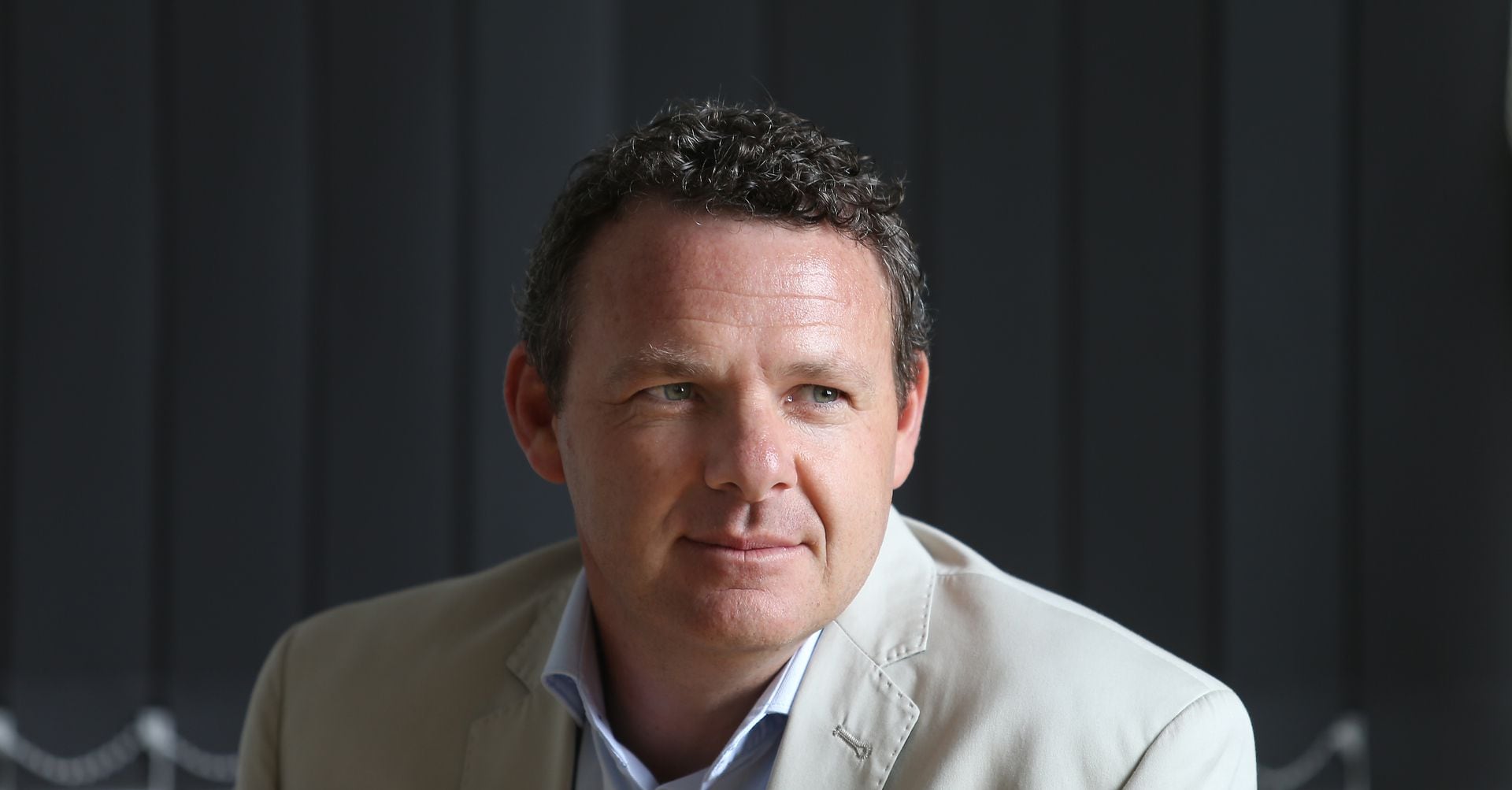The fast-growing region of Western Bay of Plenty hopes to secure one of the Government’s sought-after regional deals to help deliver 46,000 more homes and 35,000 new jobs.
Regional and city deals are a new initiative that allows the Government and local authorities to create long-term agreements.
The programme unlocks funding and resource opportunities to support councils making improvements in their region, such as to roading, infrastructure and the supply of quality housing.
However, a Labour MP said without funding the deals were “pretty shitty” and just regulatory and rule changes for certain councils.
The Western Bay of Plenty sub-region plans to submit its proposal this month.
Tauranga City Council, Western Bay of Plenty District Council, Bay of Plenty Regional Council, tangata whenua and economic development agency Priority One worked together on the plan.
The deal, if approved, is expected to deliver 46,000 houses, 35,000 new jobs and maintain annual economic growth at 4.6%.
Priority growth areas for the region include Tauriko West, a new community with up to 4000 homes, Te Kāinga and Te Tumu in the east which could offer up to 6000 homes when complete.
Funding the infrastructure for these will be the challenge for the two councils that are both nearing their debt ceilings.
Tauranga Mayor Mahé Drysdale. Photo / Alex Cairns
Tauranga Mayor Mahé Drysdale said the deals would provide certainty for the Western Bay.
In the six months since the council had been elected, there were number of Government decisions that had affected the council “hugely”, he said
Cameron Rd stage two - upgrading the road and aging sewerage infrastructure between 17th Ave and State Highway 29 - was declined funding in August 2024.
The project was a “cornerstone” of the council’s 10-year plan, he said.
“You’ve got it in your plan, but you can’t do it because you don’t have the money to do it.”
Drysdale said cross-party support was important for regional deals to succeed.
“That’s really the key for these to be successful. They’re not worth the paper they’re written on unless everyone’s buying in.”

Western Bay Mayor James Denyer. Photo / Brydie Thompson
Western Bay Mayor James Denyer said the aim for the regional deal was to boost export earnings, enable future growth and create sustainable, resilient and liveable cities and towns.
The partners had been working on the deal for more than a year and would submit up to five projects as part of the deal, Denyer said.
These were a negotiation between the partners and central government, he said.
The city and district council discussed the regional deals in public-excluded sessions at their council meetings in the past week.
Denyer said the deal would create certainty and potentially utilise other funding mechanisms that didn’t rely on council funds.
“When the time is right, these things will happen - there may not be any money now, but there might be in the future.”
Other ways of financing projects could be through levies or value capture, he said.

Priority One chief executive Nigel Tutt. Photo / NZME
Priority One chief executive Nigel Tutt said finding different ways to fund growth was “absolutely critical”.
“That is the main issue that stands in the way of delivering housing.”
The region had tried “innovative” ways of enabling growth and was willing to do more in future he said.
Tauranga was one of the first to adopt the Infrastructure Funding and Financing (IFF) Levy to help fund transport projects, Tutt said.
An IFF is a government loan paid off over 30 years through a targeted rate.
Tutt said the region would present a really strong case to the government.
“We’ve got the least affordable housing market in New Zealand, and that can realistically only be solved by Government doing some different things.”
Labour list MP Kieran McAnulty. Photo / Warren Buckland
Labour MP Kieran McAnulty reassured councils that the regional and city deal framework would remain if Labour was to form a government after the next election.
Where Labour differed from the Government was around funding, McAnulty the spokesperson for housing, local government regional development said.
In his view: “What the Government is proposing isn’t actually regional and city deals, because if they enter into a deal that doesn’t include funding it’s a pretty shitty deal.
“All the Government is talking about is a range of regulatory changes and rule changes for certain councils,” he said.
“Funding is the crucial part that would make these worthwhile.”
Local Government Minister Simon Watts said each deal would be designed by local government and central government, supporting long term collaboration.
“Central government contributions to support city and regional deals will include combining the efficient and innovative use of existing and new funding and financing tools and planning mechanisms, as well as regulatory relief mechanisms,” said Watts.
Proposals for regional deals are due by February 28 and the first deal is expected to be signed by the end of the year.
LDR is local body journalism co-funded by RNZ and NZ On Air.



1 comment
Hmmm
Posted on 24-02-2025 07:31 | By Let's get real
REALLY...?
Someone please explain to me the benefit of creating more jobs locally when we are still needing to bring in overseas workers to drive buses and pick fruit..?
Our best and brightest are heading overseas in droves, but we're still focusing on creating more jobs..? How can that possibly be sensible, unless we are going to be bringing far more poorly qualified people into the country to fill the gaps.
Leave a Comment
You must be logged in to make a comment.